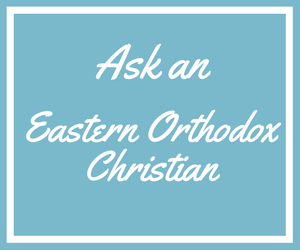What would you like to know about the Eastern Orthodox Christian faith? Submit your question.
Why don’t you recognize Joan of Arc as a saint?
Joan of Arc, nicknamed “The Maid of Orléans” is considered a heroine of France for her role during the Lancastrian phase of the Hundred Years’ War and was canonized as a Roman Catholic saint by the Roman Catholic Church in 1920. At the age of 18, she led the French army to victory over the English at Orléans. Captured a year later, Joan was burned at the stake as a heretic by the English and their French collaborators.
The process of an individual becoming a saint in the Roman Catholic Church is referred to as canonization. This process is a series of qualifications or specific criteria or proof that an individual performed miracles, had a reputation for holiness, must have shown Christian virtues, and other validations as required by the Roman Catholic church.
When the Roman Catholic Church canonized Joan of Arc, it presented her life to her faithful as an example to follow. This spiritual path, however, often differs from the Eastern Orthodox path and those of Orthodox saints. Roman Catholic beliefs are not always the same as Orthodox beliefs and may be considered to be in error and detrimental to an Orthodox’s salvation.
The “recognition” of saints in the Orthodox Church does not follow any official procedure. From the beginning, the church accepted as saints those who had suffered martyrdom for Christ. Formal ecclesiastical recognition was not the process for individuals to be glorified to sainthood, but rather a ground swelling and consensus of Orthodox Christians (the Body of Christ, the Church).
Sainthood in the Eastern Orthodox Church is achieved by Christians reading about an individual’s righteous life, witnessing their performance of miracles, and if there were any writings and preaching they must be “fully Orthodox.” This Orthodox process is referred to glorification rather than canonization.
Finally, the reciprocal situation exists: the Roman Catholic Church does not formally recognize Orthodox saints and could not do so for the same reasons explained above.







